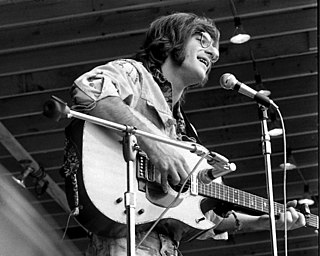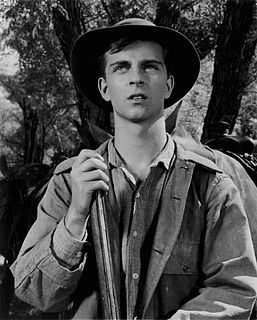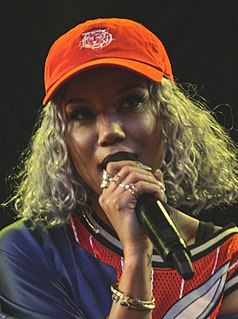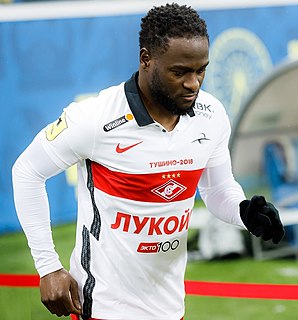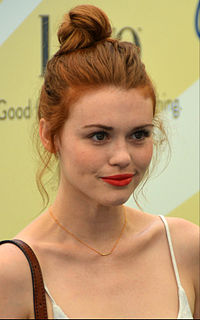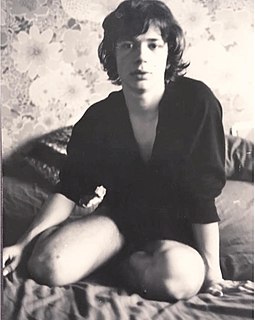A Quote by Margaret Atwood
When I was 16, I started publishing all kinds of things in school magazines.
Related Quotes
I did tons of theater in school, and then when I was 16 and got my driver's license, I started driving to Los Angeles, along with my friend Eric Stoltz, who was a year ahead of me and was doing the same thing. So we had the same manager, and we started auditioning for things and doing commercials when we were 16.
I never looked at magazines before I started modeling. I was 13 or 14 and none of my friends were into magazines. We were into the fashion of the day, though. Designer jeans were really popular - Sasson, Gloria Vanderbilt, Calvin Klein, Jordache. Once I started modeling, I began to learn about these things, and magazines helped me to understand who was who.
When I started graduate school we did this publishing class where we learned about submitting and read interviews with editors from different magazines. A lot of them said they got so many submissions that unless the first page stuck out or the first paragraph or even the first sentence they'll probably send it back. So part of my idea was that if I have a really good first sentence maybe they'll read on a bit further. At least half, maybe more of the stories in Knockemstiff started with the first sentence; I got it down then went from there.
I went to this massive co-ed school for the first time when I was 16. Everyone there had been together since elementary school, and I found it quite difficult, especially when I'd never stepped into a classroom with boys. So I started looking out in the community for a social outlet. I started getting involved in student films and community theater. Acting began as a hobby.
I actually met one of my business partners [Neal Dodson] at the Governor's School summer program, so we've known each other since we were 15 and 16 years old, and we both ended up at Carnegie Mellon together. He started working for a producer out of school after a few years, and then we started the company together.





